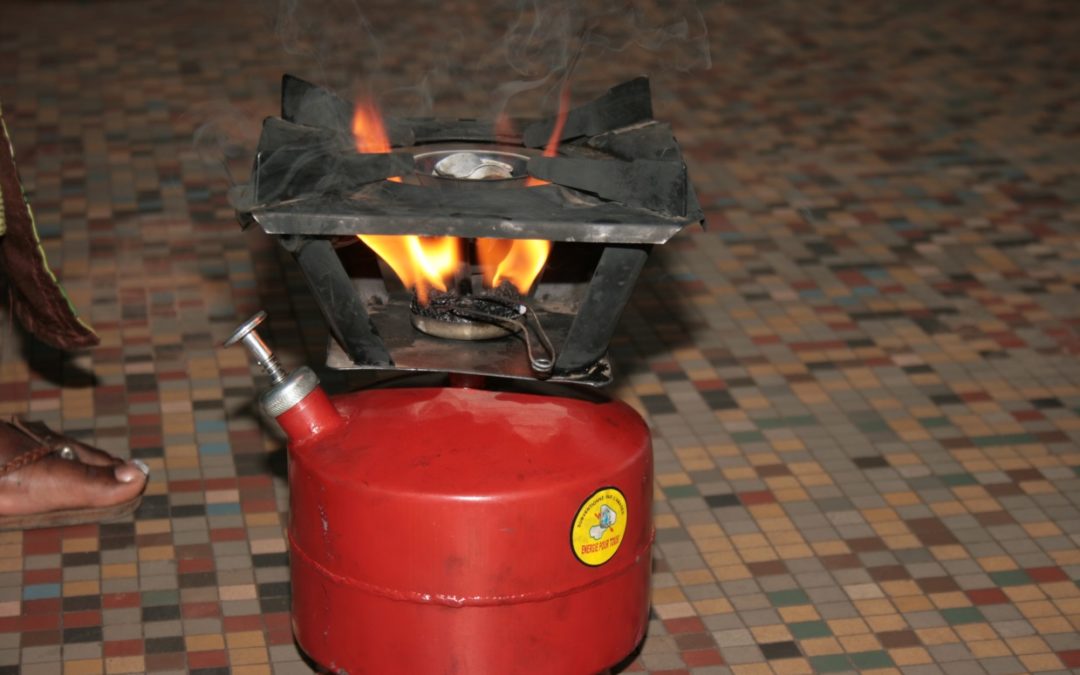
Does Peer Use Influence Adoption of Efficient Cookstoves? Evidence from a randomized controlled trial in Uganda
by David Levine (Berkeley Haas)
This paper examines the effect of peer usage on consumer demand for efficient cookstoves with a randomized controlled trial in rural Uganda. It test if the neighbors of buyers who ordered and received a stove are more likely to purchase an efficient cookstove than the neighbors of buyers who ordered but have not yet received a stove. The paper finds that neighbors of buyers who have experience with the stove are not detectably more likely to purchase a stove than neighbors of buyers who have not yet received their stove. It does find evidence of peer effects in opinions about efficient cookstoves. Knowing that a prominent member of the community has the efficient stove predicts 17–22 percentage points higher odds of strongly favoring the stove. But this more favorable opinion seemingly has no impact on purchase decisions.
Photo source: https://flic.kr/p/6CKP1J

Topics
Development
Initiatives
International Trade & Development
